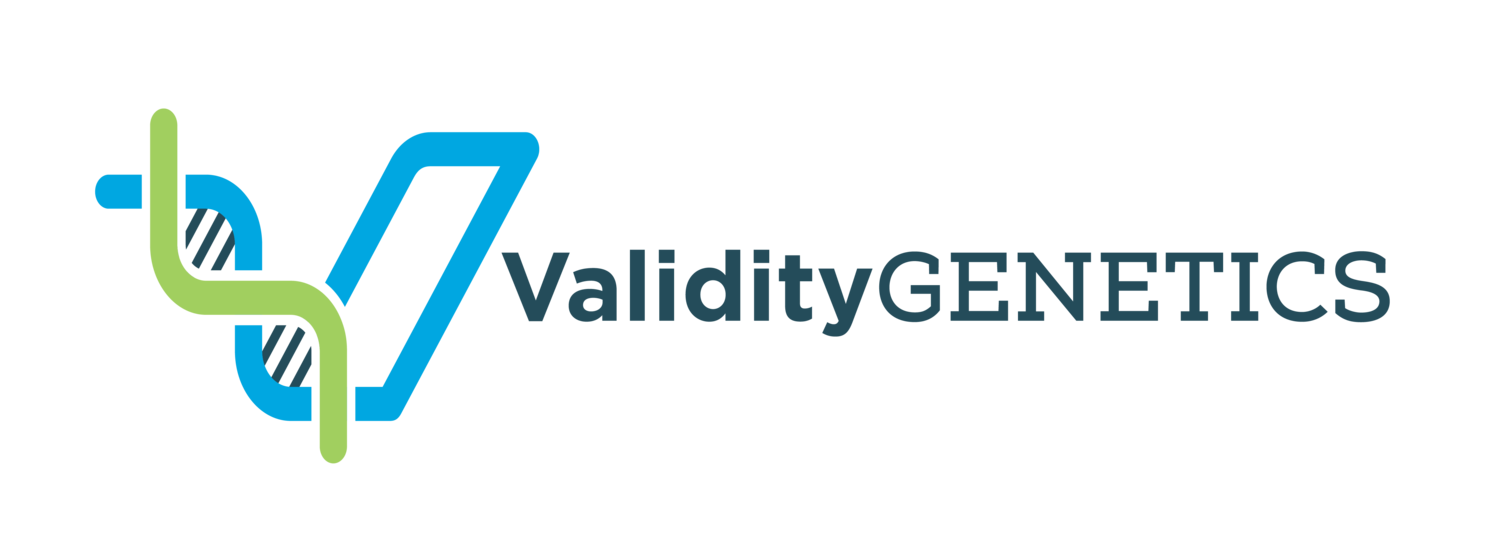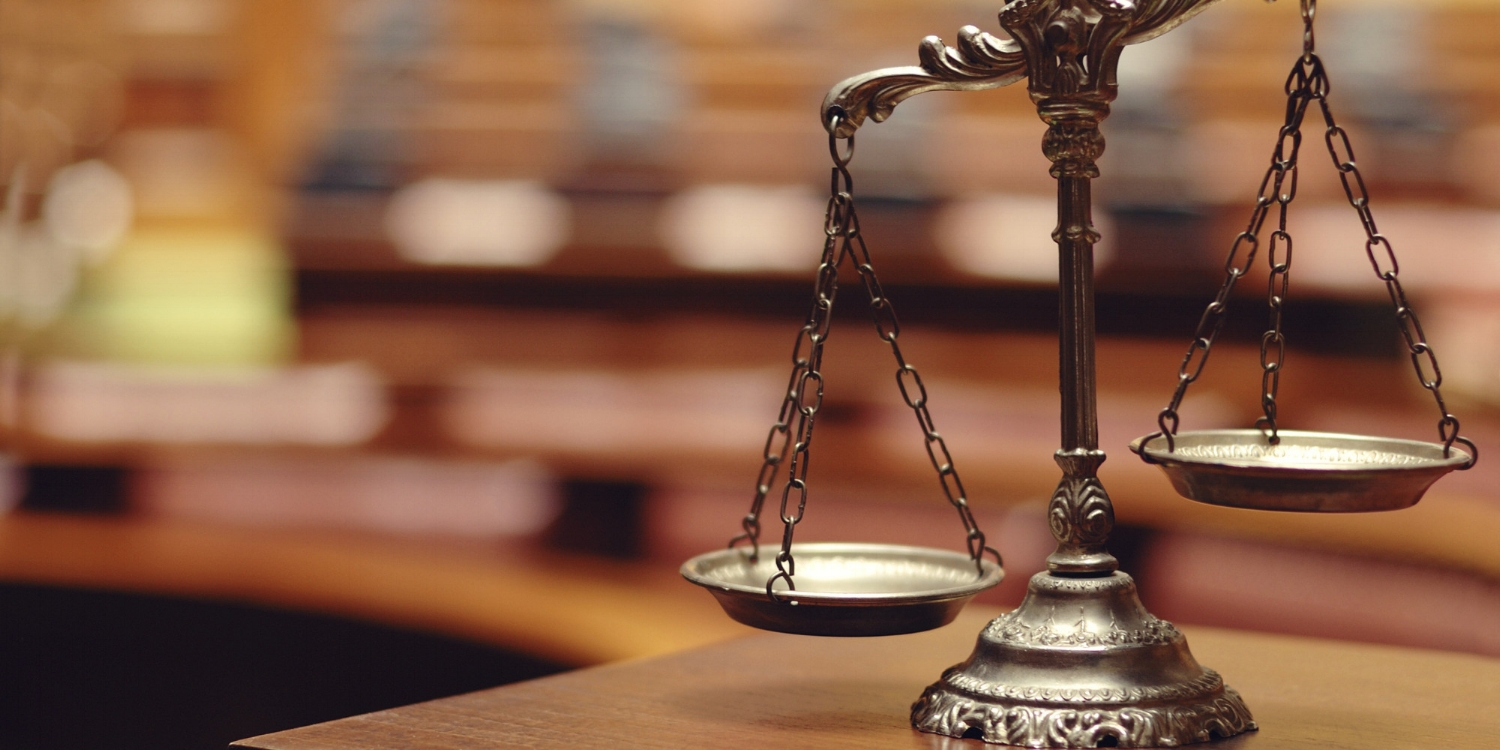The DNA testing process
Getting a quality paternity or DNA test is an intricate process that requires plenty of precision and care. The process involves planning and effort, and you should always be aware of the steps you need to make the process more efficient; both before, during, and after the test itself. So, before you place your order for DNA testing, make sure you take care of the following items in order to get the best results from your DNA testing experience.
Deal with a Reputable DNA Company/Laboratory
Reputation is everything, and your DNA tests – and its subsequent results – may have a significant impact on the course of your family and future. Whether you need to find out the paternity of a child or prepare for the future of your family, it’s crucial that your DNA test gets done right the first time.
Any agency/laboratory worthy of your patronage has quality equipment, extensive experience in a variety of DNA tests, the proper certifications, and all other necessary items to provide you the accurate DNA testing results. The main thing to look for when dealing with a DNA testing company is to make sure they are backed up by an AABB certified laboratory. This ensures that their results will be trustworthy and of the highest caliber.
Click for most information on AABB accreditation and the certifications a laboratory needs.
Most common types of DNA tests and cost
It’s crucial that you understand the costs involved in having a Paternity or Relationship DNA test done in addition to any further follow-up work that your situation may require. In the DNA testing world there are two main types of testing, Informational and Legal testing. These are very different from each other in terms of price, how the samples are collected, and what they can be used for.
Home DNA Testing
Home or Informational DNA testing is the most common type of DNA test done, it is also the least expensive of the two versions of DNA tests. A home DNA test, as its name implies, is usually done in your own home. This type of DNA test cannot be used in court or for legal purposes.
When ordered the test kit will be sent to your address. It will contain everything one would need to collect DNA samples and return them safely to the laboratory. The test kit usually contains: two sterile buccal swabs per person, labeled envelopes for the swabs, a consent form to be filled out and signed, and a prepaid return envelope.
Legal DNA Testing
The second type of DNA test is the Legal or Court Admissible DNA test. This type of test is the more expensive of the two main kinds of DNA test. It is also the test that can be used in court and for legal purposes, such as adoption, wills and estates, birth certificates, or changes to child support.
When ordered the test kit cannot be sent to anyone participating in the test. The test should be sent to the person who will help collect the samples, verify identities, complete the paperwork, and mail the whole testing package back to the laboratory. At all times a legal test must follow the Chain of Custody set forth by the AABB in order to be considered court admissible.
Be aware that when doing a legal DNA test you may incur extra fees if the sample collection is done by a professional scheduled by the DNA company. Some companies include this in the cost, and will have higher costs associated with the test, and some do not factor collection fess in until a client requests professional collection.
What are the Costs of a DNA Test?
Cost is a major difference between Home and Legal DNA testing. Depending on the test a legal version can be a hundred dollars to almost twice the price of a home test.
For example a reputable DNA company like Validity Genetics lists their Home Paternity DNA Test for $149 and their Legal Paternity DNA Test for $299. And this is on the low side for a well known reputable DNA company backed up by a fully AABB accredited and ISO certified laboratory.
After pricing your DNA test, you can make plans to budget enough money to spend on all of your bills, belongings, and more. In special circumstances most companies can work with you to ease the cost of testing, or to break up the payments on more expensive testing.
It is highly suggested that if you do not need a DNA test for legal purposes, to only purchase a home DNA test.
IS a DNA test covered by Insurance?
Please note that relationship DNA testing and paternity testing is considered an elective and is not currently covered by most US insurance plans.
Gather any necessary paperwork
Some DNA testing, like most things these days, requires paperwork! Some tests are in response to a court order (so be sure to get the correct DNA test), and others need visa-related papers from the US Government (such as United States Immigration). In addition all legal DNA tests will require some sort of official identification, such as a drivers license or government issued photo ID. Before you go to your appointment or fill out your consent forms, make sure that you have your pieces of identification, forms, and other relevant pieces you need to get the process started (Click Here to see more info on legal DNA testing).
Know Your Deadlines
Most DNA test results are quick with a two to three day results turnaround, while ones involving forensic or special samples may take a few more days to generate results. Even though a good DNA company will have rush services available, it is best if you don’t wait until the last minute! You may have to contend with tight time frames or rushed deadlines, which can make the process of waiting for results all the more nerve wracking and frustrating for you. Be sure to know the time it will take, factor this it into your schedule, and keep the timelines in mind while scheduling a DNA test.
DNA testing can at first seem daunting or downright scary, but if you take the time to prepare for it, it’s a very quick and simple thing.











